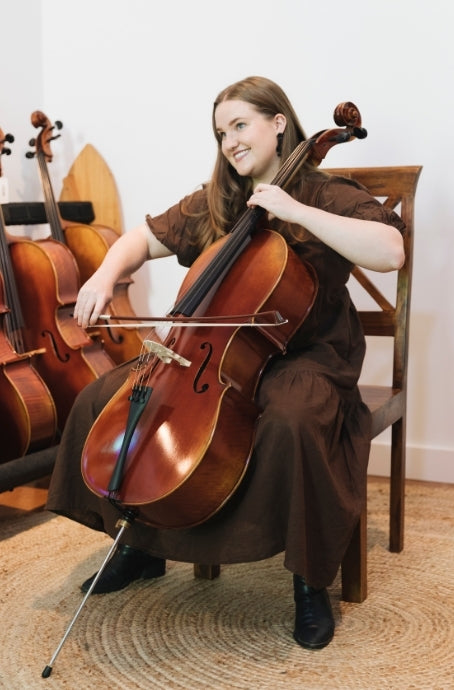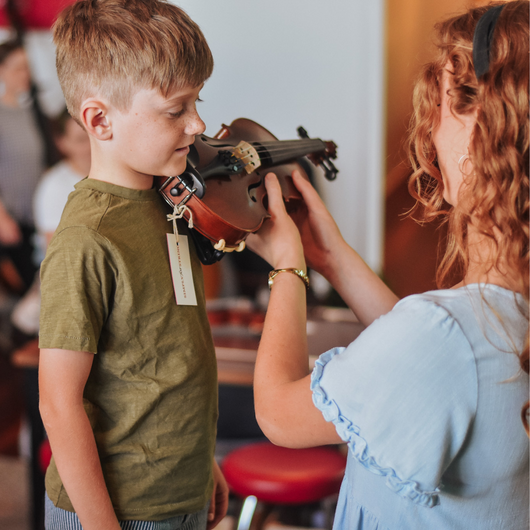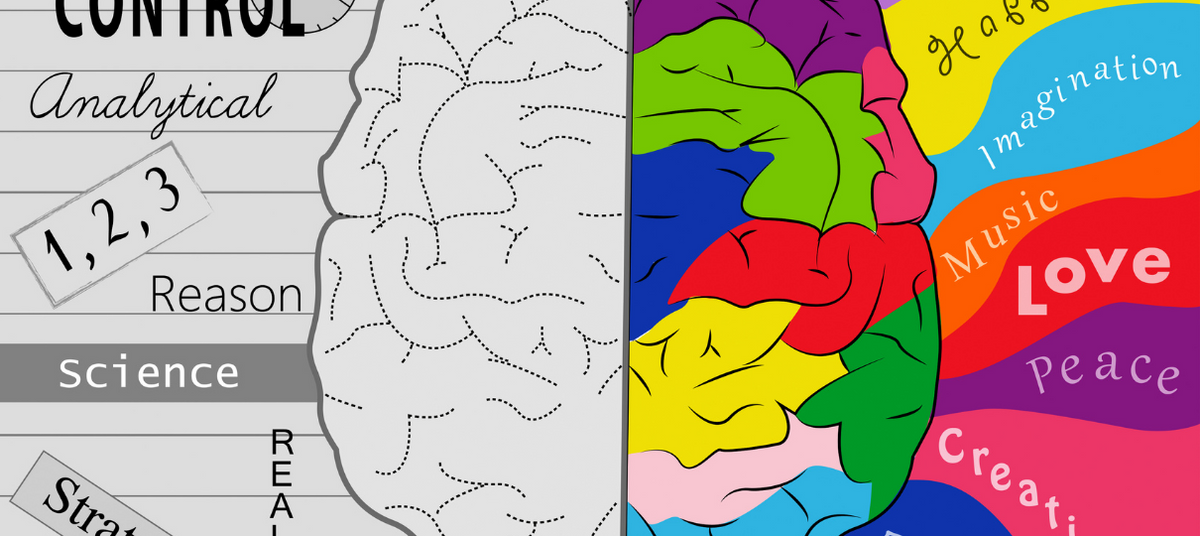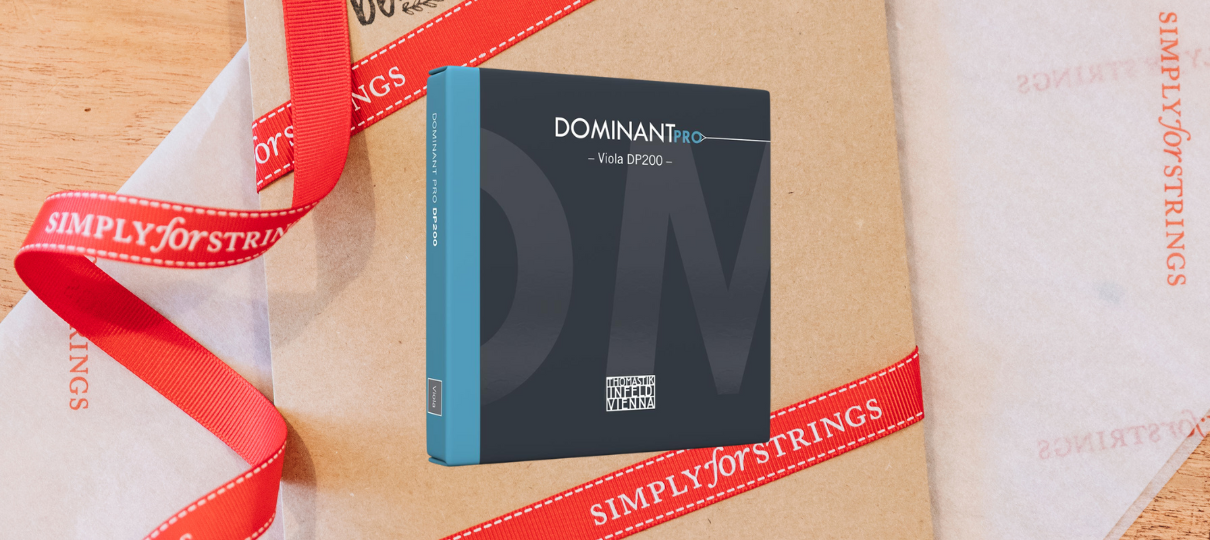Music learning is essential for every child’s cognitive development, and from here, they experience the world entirely differently for the rest of their lives.
This was just one of the hundreds of facts that Anna and Teegan learned when they attended the two-day Bigger Better Brains Educator Course for professional development.
We had a blast attending this course, and wanted to share some of our key learnings with our community. We can’t recommend the course enough! Dr Anita Collins shared so many fascinating learnings with us, and we can’t wait to see her deliver PD again in Brisbane soon.
About BBB and Dr Anita Collins:
Bigger Better Brains is the brainchild of Dr Anita Collins, an award-winning neuromusical educator who is internationally recognised for her unique work in translating the scientific research of neuroscientists and psychologists for parents, teachers, students and school leadership teams.
Dr Collins became particularly popular upon the airing of Don’t Stop the Music on ABC in late 2018. Since then, schools across Australia have undertaken Dr Collins’ method of incorporating instrument learning programmes in their schools, often starting in Year 1 for the best possible cognitive benefit outcomes. Based in Canberra, Dr Collins travels Australia and the world to learn of new research in this field, and then applies this research in an easy-to-understand way to the Bigger Better Brains courses, allowing teachers and school leaders to then ‘educate to advocate’ for music education in their communities.
The BBB Educator Course is a two-day intensive professional development opportunity for teachers, Heads of Department and school leadership teams, to learn the benefits of music education for cognitive development. This course empowers educators at all levels to advocate for music education and its benefits by being backed with scientific evidence.

Some of our key takeaways
Our 12 Top Favourite Learnings:
Music education has shown to provide numerous benefits for cognitive development, such as:
- The learning of an instrument builds so many connections, that the brain grows to be 30% more dense than students who do not learn an instrument.
- Learning an instrument is vital for the best cognitive development to occur. This is due to the brain’s neural networks lighting up like fireworks between the auditory, visual and motor cortices in the brain (hearing, seeing and moving), creating millions of connections across the brain at once.
- Learning an instrument for a minimum of two years before the age of 7, or three years after the age of 7, creates permanent cognitive change (this includes adults!). It is generally agreed that 5 - 7 years is the ideal minimum amount of music learning for cognitive development, but of course, the more learning throughout life, the better the cognitive outcomes.
- From 7 years old, the brain begins a natural process called pruning, which involves the brain ‘trimming’ information it doesn’t require so it can absorb more information. Pruning is much quicker for musically-trained students, occurring in just six months as opposed to 18 months for non-musically-trained students.
- Music and literacy networks overlap in the brain, meaning music helps with reading, speech and language development. If a child cannot keep a beat, they are not ready to begin reading.
- Children raised in disadvantaged situations hear 30,000,000 less words by the time they are five years old.
- An individual lesson or small group lesson, ensemble rehearsals and performances are all vital for the cognitive development process, enhancing a range of skills such as individual persistence, resilience, group learning, teamwork and group achievement.
- Singing, learning and instrument and body movement should be incorporated into every lesson
- Following Maslow’s Hierarchy of Needs for psychological wellbeing, music education is vital for all students, whether in a socially disadvantaged or privileged environment.
- A school’s culture can be transformed through each child learning an instrument.
- Musically trained people use less of their brain for tasks, conserving energy by being extremely efficient. This means they can do well academically and socially as well.
- Both sport and instrument learning should be viewed as complementary to each other. Sport includes competition as its basis, meaning that focus leads to shutting out sensory learning opportunities. Music includes having to absorb all stimuli, without needing to have a ‘win’. Both sport and music also include an individual and a teamwork element, and both develop social skills.
The three big areas of cognitive development
|
Language Music learning directly and automatically improves these areas. |
Executive Function Music learning improves executive function (skills we learn) |
Social skills Music learning improves social skills within ourselves, with each other and in large groups. |
|
|
|
The OPERA hypothesis - how music education helps with language development:
- Overlap in neural networks that process sound characteristics related to both music and speech
- Precision: music training requires more precision in information processing, resulting in more accurate skills (such as finger weight, dynamics, fine tuning, etc.)
- Emotion: music training elicits positive emotions and engagement
- Repetition: music training is repeated, improving persistence skills
- Attention: music training requires sustained attention, moving in small increments











